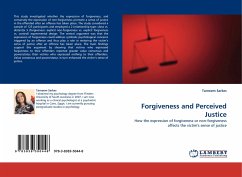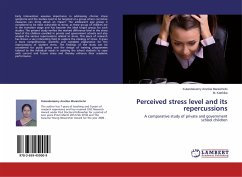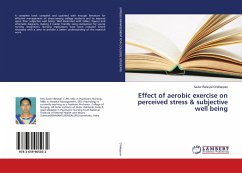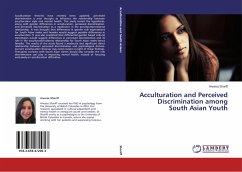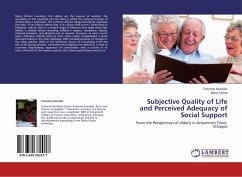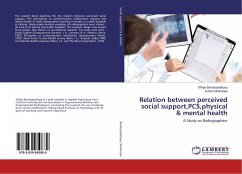This study investigated whether the expression of forgiveness, and conversely the expression of non-forgiveness promote a sense of justice in the offended after an offence has taken place. The study considered a sample of 125 participants and employed a 2 (relationship type: close vs. distant)x 3 (forgiveness: explicit non-forgiveness vs. explicit forgiveness vs. control) experimental design. The central argument was that the expression of forgiveness could address symbolic psychological concerns triggered by an offence and thus play a role in restoring the victim s sense of justice after an offence has taken place. The main findings support this argument by showing that victims who expressed forgiveness to their offenders reported greater value consensus and power/status than victims who expressed nothing to their offenders. Value consensus and power/status in turn enhanced the victim s sense of justice.
Bitte wählen Sie Ihr Anliegen aus.
Rechnungen
Retourenschein anfordern
Bestellstatus
Storno

